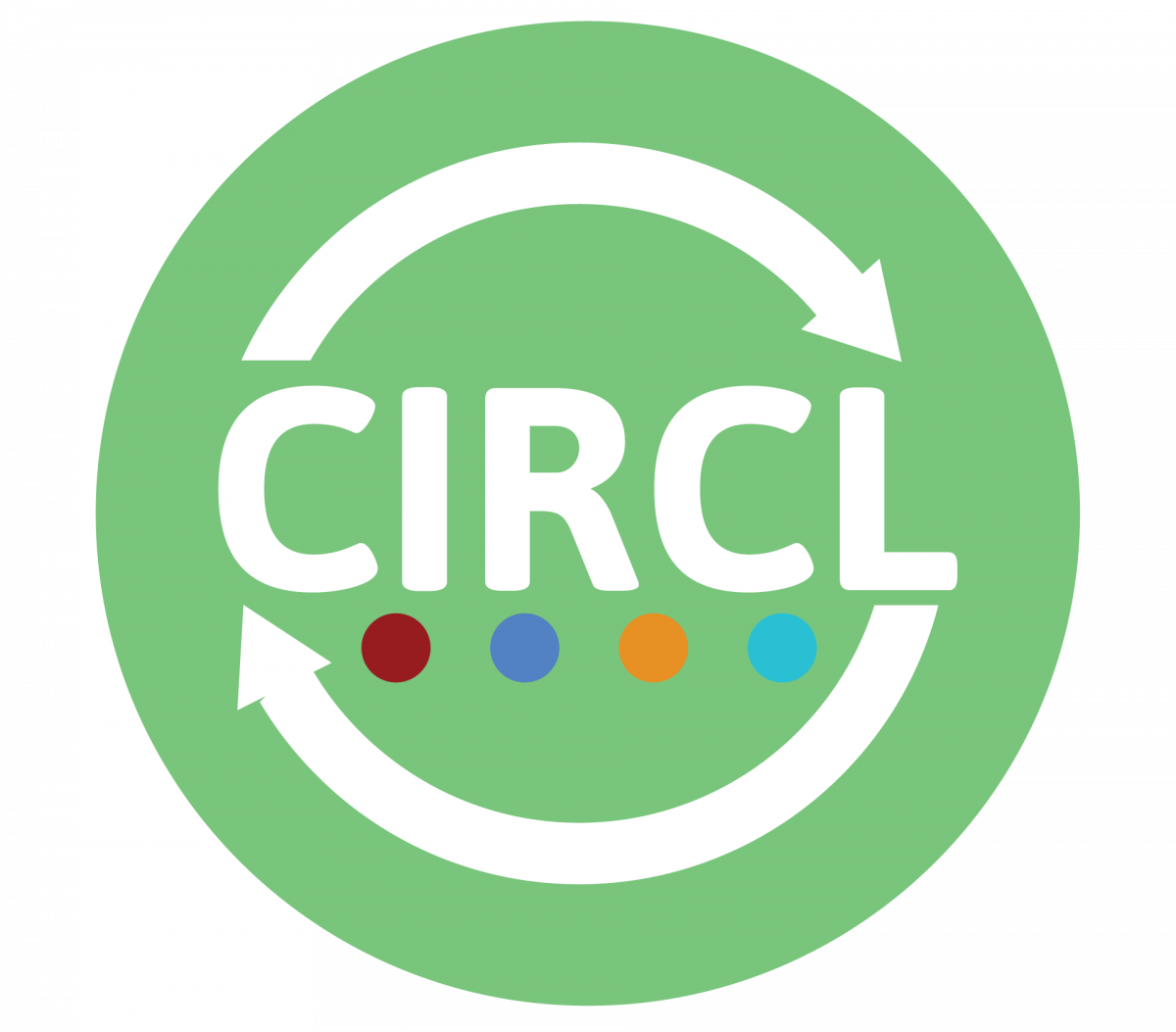
That's the name of B.C.'s mandatory medication incident reporting program, to take effect starting June 1, 2026.

The College of Pharmacists of British Columbia is launching CIRCL, a comprehensive medication incident reporting program designed to enhance medication safety through structured reporting, analysis, and learning from medication incidents in pharmacies across the province.
B.C.'s requirements for medication incident reporting: what you need to know
In April 2025, the College of Pharmacists of British Columbia approved bylaws and amendments to implement medication incident reporting. These changes established responsibilities for pharmacies to include continuous quality improvement programs, including a process for reporting, documenting, analyzing, following-up on and learning from medication incidents and near misses.
The College is calling the program Continuous Improvement, Reporting, Collaborating, and Learning (CIRCL), and once implemented, B.C. will become the ninth province in Canada to have this reporting requirement in place within pharmacies. The requirements take effect on June 1, 2026.
By June 1, 2026, pharmacy managers should have selected a reporting platform that would allow pharmacy staff to report de-identified medication incidents or near misses, for the information to be collected by the National Incident Data Repository (NIDR) for community pharmacies. The following information is required to be documented for each medication incident:
- Date the incident occurred
- Type of medication incident
- Who discovered the incident (position/job title)
- Medication system stages involved
- Medication(s) involved
- Degree of harm to the patient
- Incident description/how it was discovered
- Contributing factors
The College has listed four commercially available reporting platforms, though pharmacy teams may use any platform that meets the requirements of de-identifying data, integration with national databases, and permits pharmacy staff to enter information on all required fields, or develop a proprietary platform that does the same. Commercially available incident reporting platforms listed by the College:
- BC Patient Safety & Learning System - bcpslscentral.ca
- Community Pharmacy Incident Reporting - cphir.ca
- Pharmapod - pharmapodhq.com
- TPSC Cloud - patientsafety.com
The first webinar was hosted on Sept. 18, 2025 and a recording is available.
According to the College, a medication incident is any preventable event that may cause or lead to inappropriate medication use or patient harm that has reached the patient and may be related to professional practice, drug products, procedures, and systems, and include prescribing, order communication, product labelling/packaging/nomenclature, compounding, dispensing, distribution, administration, education, monitoring, and use.
In 2018, the Institute for Safe Medication Practices (ISMP) Canada conducted a retrospective analysis on 98,000 quality-related events reported by community pharmacies in Nova Scotia, the first Canadian province to adopt medication incident reporting, and identified the following types of medication incidents reported.
- Incorrect patient
- Incorrect prescriber
- Incorrect drug
- Incorrect dose/frequency
- Incorrect strength/concentration
- Incorrect dosage form/formulation
- Incorrect route of administration
- Incorrect duration of treatment
- Incorrect quantity
- Incorrect storage
- Omitted medication/dose
- Incorrect third-party billing
- Drug therapy problem
- Contraindication
- Adverse drug reaction
- Documented allergy
- Drug-drug interaction
- Drug-food interaction
- Drug-disease interaction
As part of the College’s amendments to the Health Professions Act bylaws, medication incidents must be disclosed to the patient or the patient’s agent and other health professionals involved in the patient’s circle of care. Registrants are required to follow up with the patient following an incident to monitor for effects and where appropriate, share information with the patient on how the pharmacy will share learnings from the incident to prevent recurrence. Registrants must also document the incident and follow-up plan, and submit a de-identified report to the national database.
Pharmacy teams are required to have at least one documented team meeting per year, during which medication incidents and near misses that have occurred should be reviewed, contributing factors and root causes discussed, existing plans evaluated and external information, such as bulletins from ISMP Canada, reviewed. The College is requiring that B.C. community pharmacy teams hold their first medication incident meeting before June 1, 2027.
Each meeting must be documented, with the date of the meeting, names of pharmacy staff members in attendance, topics of discussion and any resulting improvement plans recorded in the documentation.
The College defines a near miss as an event that could have resulted in unwanted consequences but did not because, either by chance or through timely intervention, the event did not reach the patient. Criteria for whether a near miss must be reported includes:
- If the event had reached the patient, it is likely that actual harm would have been caused
- The event has been a recurring problem for the pharmacy
- The event provides a learning opportunity for the pharmacy specifically or for pharmacy practice in general
Pharmacies are required by the College to complete a safety self-assessment once every three years, to be completed using an online safety self-assessment tool. The College has listed two options for safety self-assessment products that pharmacies can subscribe to for their needs.
The College is requiring that pharmacies complete their first safety self-assessment by June 1. 2027, with subsequent assessments to be done at least once every three years. Safety self-assessment products listed by the College:
- Medication Safety Self-Assessment – ISMP Canada - mssa2.ismp-canada.org
- Pharmacy Safety Self-Assessment – ThinkResearch - pharmapodhq.com
The College of Pharmacists will have a total of four webinars covering CIRCL before the implementation date of June 1, 2026.
The first webinar was hosted on Sept. 18, 2025 and provided an overview of the CIRCL framework, ISMP Canada’s role in national medication safety initiatives, an overview of national databases, and how anonymous reporting contributes to shared learning and safety improvements.
The second webinar has been scheduled for Nov. 20, 2025 and will discuss reporting platforms, documenting medication incidents, holding annual team meetings and conducting safety assessments.
There will be additional webinars in February and April 2026. Webinar recordings are available at bcpharmacists.org/CIRCL-Webinars.
